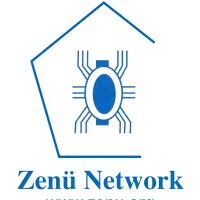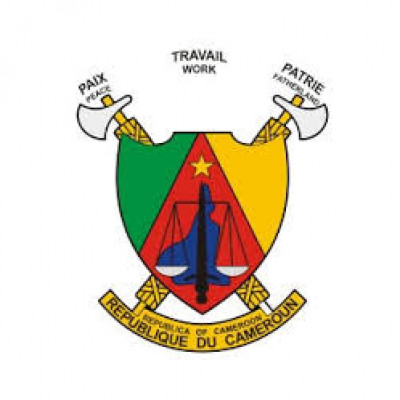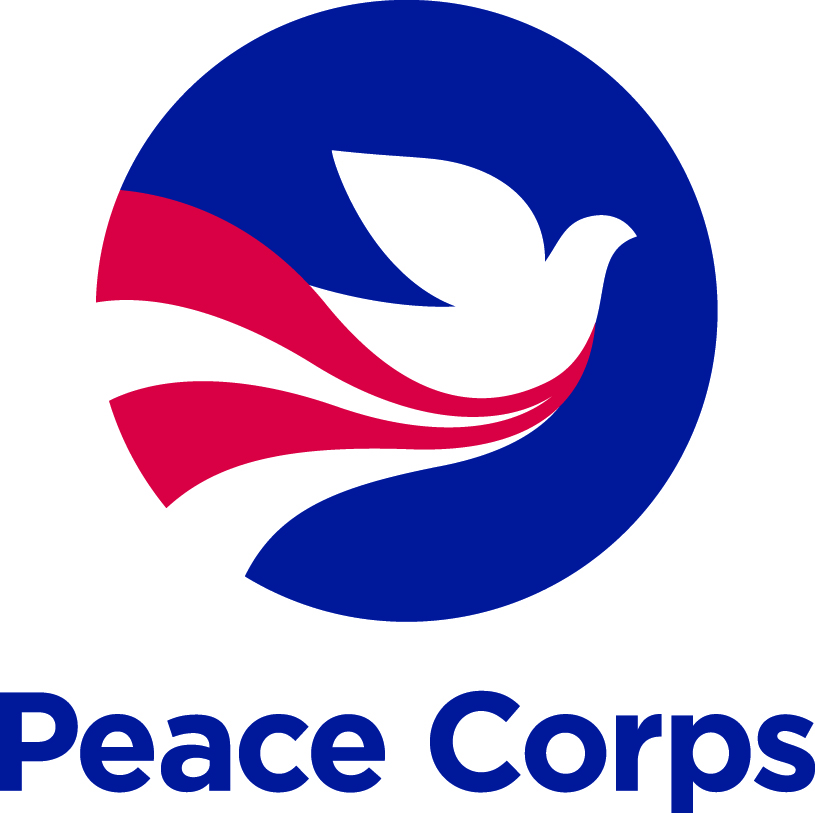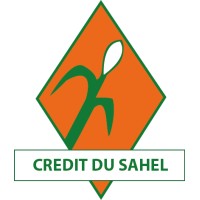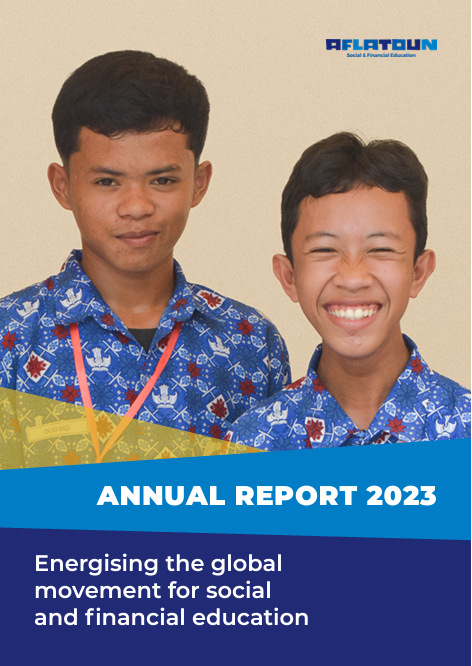Influencing the Quality of Social Education and Integrating Financial and Entrepreneurial Education in the National Education System of Cameroon
A review of Cameroon’s curricula revealed that many social education concepts were already embedded in six subjects: Introduction to Rural Development (IRD), Education in Social and Family Economics (ESFE), Social and Family Economics, Education in Life and Love, Civic Education, and Civic and Moral Education.
However, it was found that Financial and Entrepreneurial Education content was largely absent from the national curricula. The context review also highlighted that government, committed to education reforms, was seeking ways to improve educational quality and had adopted the competency-based approach for this purpose.
That is why a partnership with Aflatoun International could extended beyond introducing new concepts, focusing instead on enhancing the quality of national teaching and learning materials. Following successful advocacy by Cameroon’s National Autonomous Union of Secondary School Teachers (SNAES), a partnership agreement with the Ministry of Secondary Education (MoSE) was signed.
The Ministry of Secondary Education (MoSE) decided to adopt and integrate Aflatoun’s Social, Financial, and Entrepreneurial Education programme into the national secondary education curriculum.
Key steps in the process included the creation of an integration matrix, the training of facilitators and classroom teachers with a focus on active learning methodologies, and the development and production of educational materials, including pedagogical guides and stand-alone lesson plans for teachers.
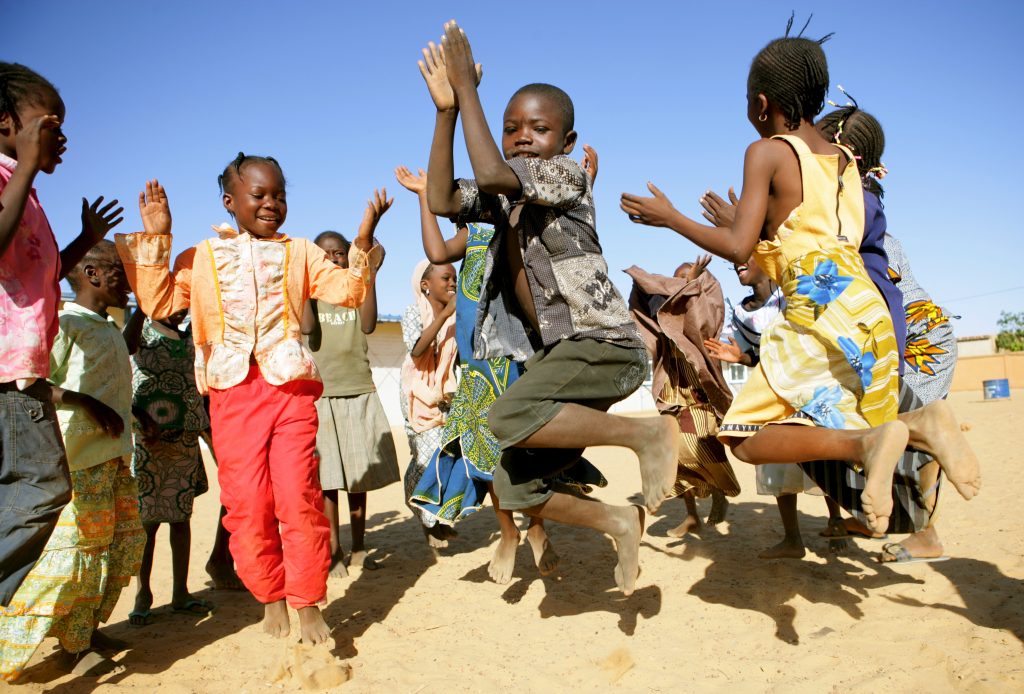
The Variety of Actors Involved
While awaiting formal policy adoption for full curriculum integration, the implementation of Aflatoun’s Social, Financial, and Entrepreneurial Education programme began and was implemented in classrooms across 38 schools and in clubs within 324 schools, reaching 17,478 students.
The successful implementation of SFEE involved seven key actors. The Ministry of Secondary Education (MoSE) facilitated the process through regulations, co-organising local events and workshops, and participating in AFlatoun’s international events. The National Autonomous Union of Secondary School Teachers (SNAES) led advocacy efforts, co-organised in-country events, and provided expertise and follow-up. Peace Corps Cameroon initiated the first pilot program in 2010 in Lagdo, North Cameroon, through a volunteer. Crédit du Sahel, a local microfinance institution, offered technical expertise and financial resources for this pilot. The Sint Antonius Stichting Projecten funded a one-year program in 2019, reaching 17,478 children in 324 schools. The Zenü Network, Aflatoun’s local partner, was instrumental in implementing this project. Aflatoun International, actively involved in Cameroon since 2010 through SNAES, provided financial and technical assistance, co-organized events, and engaged government officials in international forums.
In partnership with:
